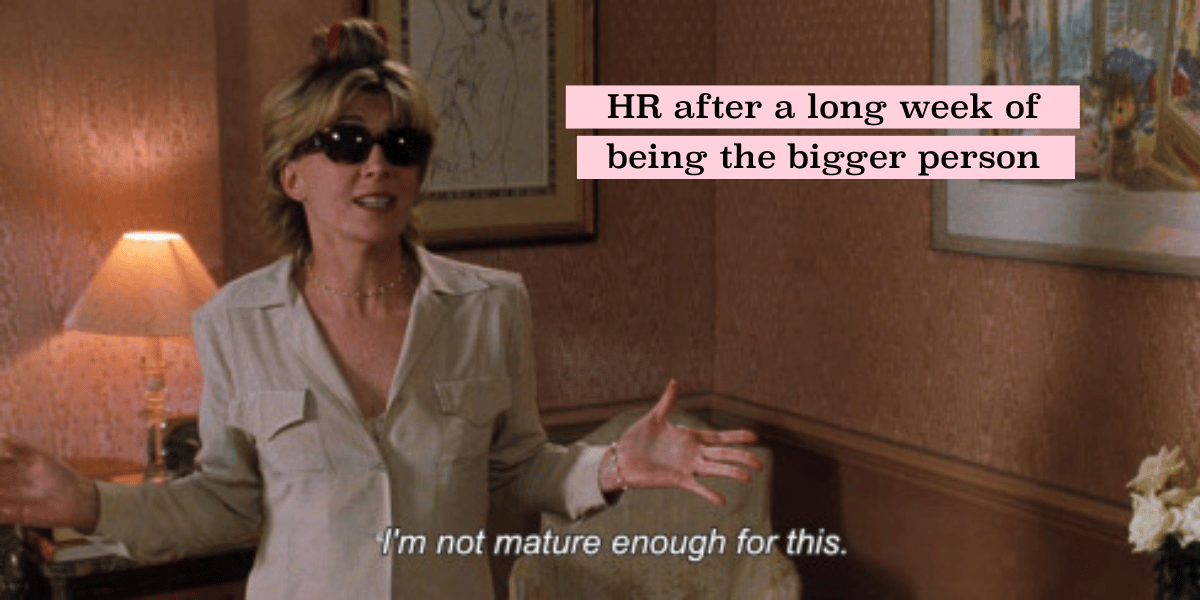- The Supper
- Posts
- Healthcare Workers Sound the Alarm on Burnout
Healthcare Workers Sound the Alarm on Burnout
Staffing shortages and rising demand push frontline teams to the brink

In 2025, burnout among healthcare professionals has reached critical levels, prompting urgent calls for reform across hospitals and clinics. Nurses, technicians, and support staff are reporting record levels of emotional exhaustion, with many citing overwhelming patient loads, long shifts, and administrative burdens as key stressors. The issue is particularly acute in emergency departments and long-term care facilities, where staffing shortages have become the norm rather than the exception.
The best HR advice comes from people who’ve been in the trenches.
That’s what this newsletter delivers.
I Hate it Here is your insider’s guide to surviving and thriving in HR, from someone who’s been there. It’s not about theory or buzzwords — it’s about practical, real-world advice for navigating everything from tricky managers to messy policies.
Every newsletter is written by Hebba Youssef — a Chief People Officer who’s seen it all and is here to share what actually works (and what doesn’t). We’re talking real talk, real strategies, and real support — all with a side of humor to keep you sane.
Because HR shouldn’t feel like a thankless job. And you shouldn’t feel alone in it.
A recent nationwide survey found that nearly 60% of nurses are considering leaving the profession within the next two years. Many say they feel undervalued and unsupported, especially as they continue to manage the lingering effects of the COVID-19 pandemic alongside new public health challenges. The emotional toll of constant exposure to trauma, combined with limited time for recovery, has created a workforce crisis that threatens the stability of the entire healthcare system.
In response, some health systems are experimenting with new strategies to retain staff and reduce burnout. These include flexible scheduling, mental health support programs, and the integration of AI tools to automate routine tasks like charting and documentation. While these solutions show promise, experts warn that they must be paired with cultural shifts that prioritize clinician well-being and create more sustainable working conditions.
The stakes are high. If burnout continues unchecked, patient care could suffer, and the pipeline of future healthcare workers may dry up. Policymakers, hospital administrators, and medical educators are now being urged to treat burnout not as an individual failing, but as a systemic issue requiring coordinated action. The health of the workforce, it turns out, is inseparable from the health of the nation.


Reply